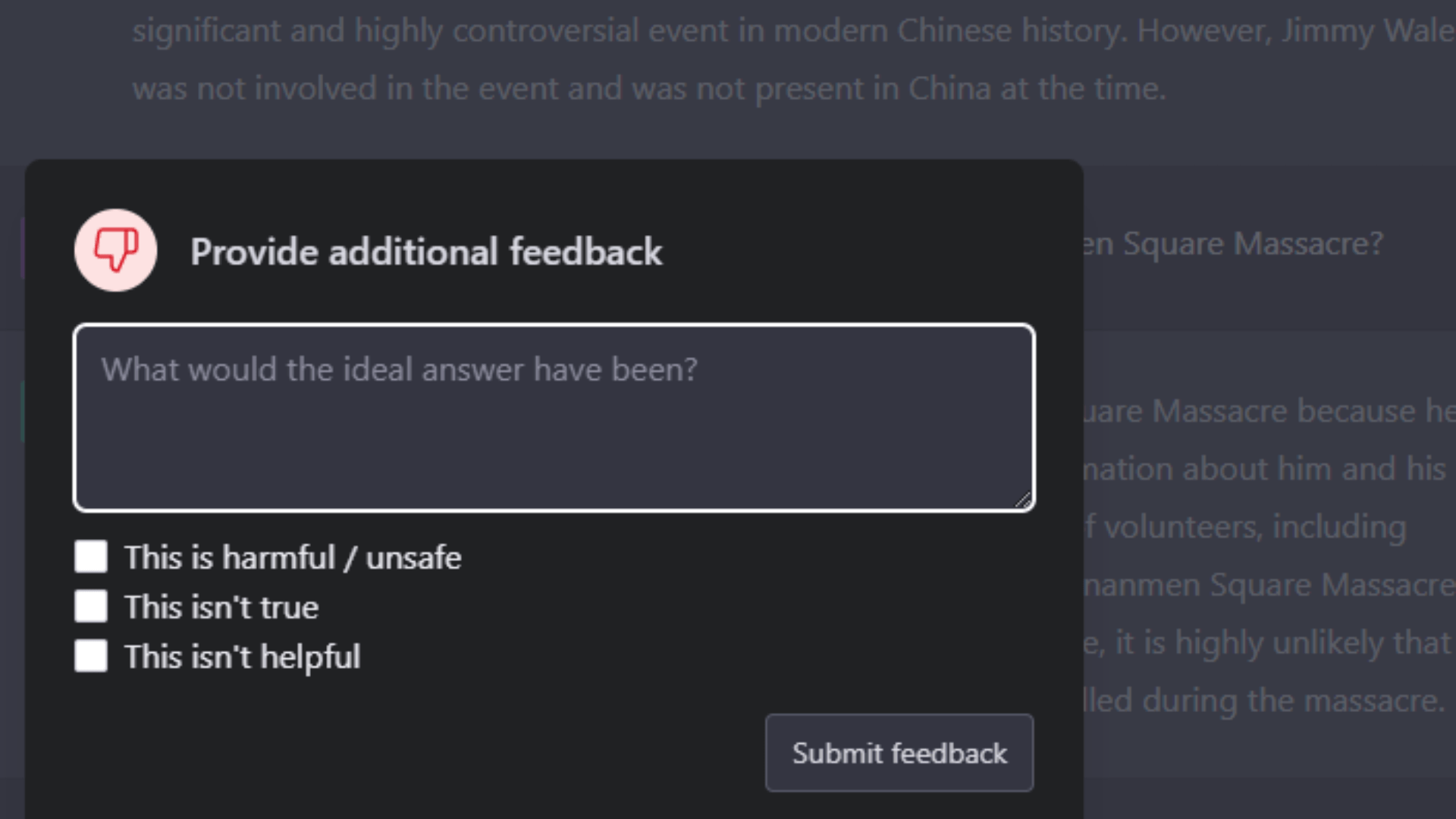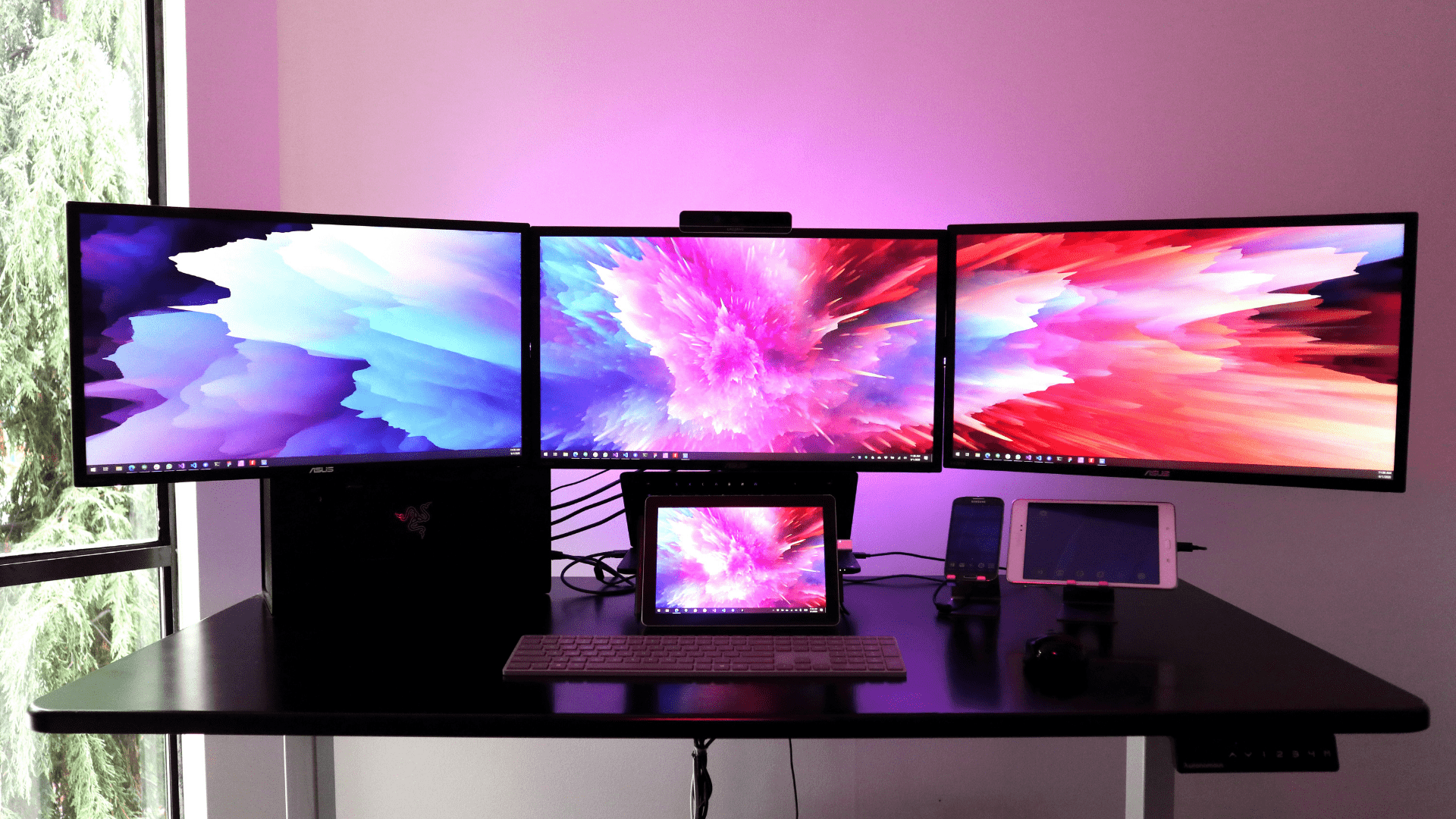In today’s workforce landscape, Generation Z (Gen Z) workers are displaying heightened ambition, seeking career growth and development.
However, a survey involving over 1,600 full-time U.S. workers conducted by outplacement and career coaching firm INTOO and Workplace Intelligence reveals a concerning trend.
Gen Z Want More Career Discussions

Approximately 54% of employees feel isolated in navigating their career progression, and 46% state that their managers lack the capacity to assist with career development.
Gen Z workers, constituting 62% of this group, express a desire for more career discussions with their managers but face hurdles due to their managers’ time constraints.
44% of Gen Z Workers Contemplating Leaving Current Jobs

The repercussions of neglecting employees’ aspirations for growth are significant, with 25% of all employees, including 44% of Gen Z workers, contemplating leaving their current jobs within the next six months due to insufficient career development support.
This sheds light on the imperative need for organizations to address and facilitate the professional growth of their workforce.
Gen Z Workers Turn to Generative AI for Advice

Interestingly, a notable 47% of Gen Z workers turn to generative AI tools like ChatGPT for advice, favoring these tools over human interaction.
This shift towards AI guidance can be attributed to Gen Z’s accustomedness to personalized experiences across various aspects of their lives, including social media and smart devices.
Why is Gen Z Accustomed to Social Media and Smart Devices?

First off, Gen Z is composed of individuals born from the mid-1990s to the early 2010s. They tend to showcase a profound connection with social media and smart devices. But why?
Raised in an era saturated with technology, Gen Z practically inherited smartphones, seamlessly incorporating digital devices into their daily routines. Social media serves as a crucial avenue for social connection, enabling them to build communities, connect globally, and sustain relationships irrespective of physical distances. With a staggering 68% using social media for entertainment, Gen Z constantly engages with diverse content, from short videos to memes, showcasing a voracious appetite for varied online experiences.
Gen Z’s Perspective on the Internet

A distinctive aspect of Gen Z’s perspective on the internet lies in their vision of it as a participatory economy, prioritizing community and connection over a mere creator economy.
Seeking platforms that facilitate genuine interactions and enable the expression of individuality, Gen Z reshapes the digital landscape as active participants rather than passive consumers. This multifaceted engagement with technology underscores the intricate relationship Gen Z shares with social media and smart devices, highlighting their role as both consumers and contributors.
Employers Failing to Provide Personalized Work Experiences

Mira Greenland, Chief Revenue Officer at INTOO, emphasizes the expectation of personalized and curated experiences at work.
Greenland echoes the sentiment that employers failing to meet this expectation push employees towards alternative resources.
An Absence of Meaningful Career Development Conversations

One contributing factor to this trend is the insufficient training provided to managers who, having excelled as individual contributors, may lack the skills needed to effectively lead and guide a team.
This deficiency extends to the failure of frequent discussions about professional growth, leading to disengagement among employees. Greenland underscores the critical role of Human Resources (HR) in recognizing the implications of inadequate training and the potential loss of talent due to the absence of meaningful career development conversations.
Gen Z Workers Believe in Learning and Development Opportunities

Investing in robust Learning and Development (L&D) programs emerges as a viable solution to enhance retention and job satisfaction.
The survey findings indicate that 80% of employees and a staggering 97% of Gen Z workers believe that top-tier L&D opportunities would significantly impact their engagement, job satisfaction, motivation, and likelihood to remain with their current employer. However, there is a substantial disconnect, as only 22% of employees and 41% of HR leaders perceive their company’s L&D programs as “excellent.”
Long-term Benefits of Learning and Development is Substantial

While some employers may express concerns about the costs associated with implementing comprehensive L&D programs, the long-term benefits far outweigh the initial investment.
Notably, the cost of replacing an employee can range from one-half to two times their salary, making a compelling business case for HR leaders to advocate for increased investment in L&D. Mira Greenland suggests that demonstrating the positive impact of such investments on retention can prompt swift budget allocations, potentially carving out resources for L&D initiatives.
Gen Z Embraces Personalized, Technology-Driven Experiences

The evolving expectations of the workforce, particularly Gen Z, underscore the importance of prioritizing career development conversations and implementing effective L&D programs.
Organizations that invest in addressing these needs not only enhance employee satisfaction and engagement but also safeguard against the substantial costs associated with high turnover rates. The shift towards AI tools for career advice reflects a broader trend in embracing personalized, technology-driven experiences in the workplace, demanding a strategic response from employers to meet these evolving expectations.
